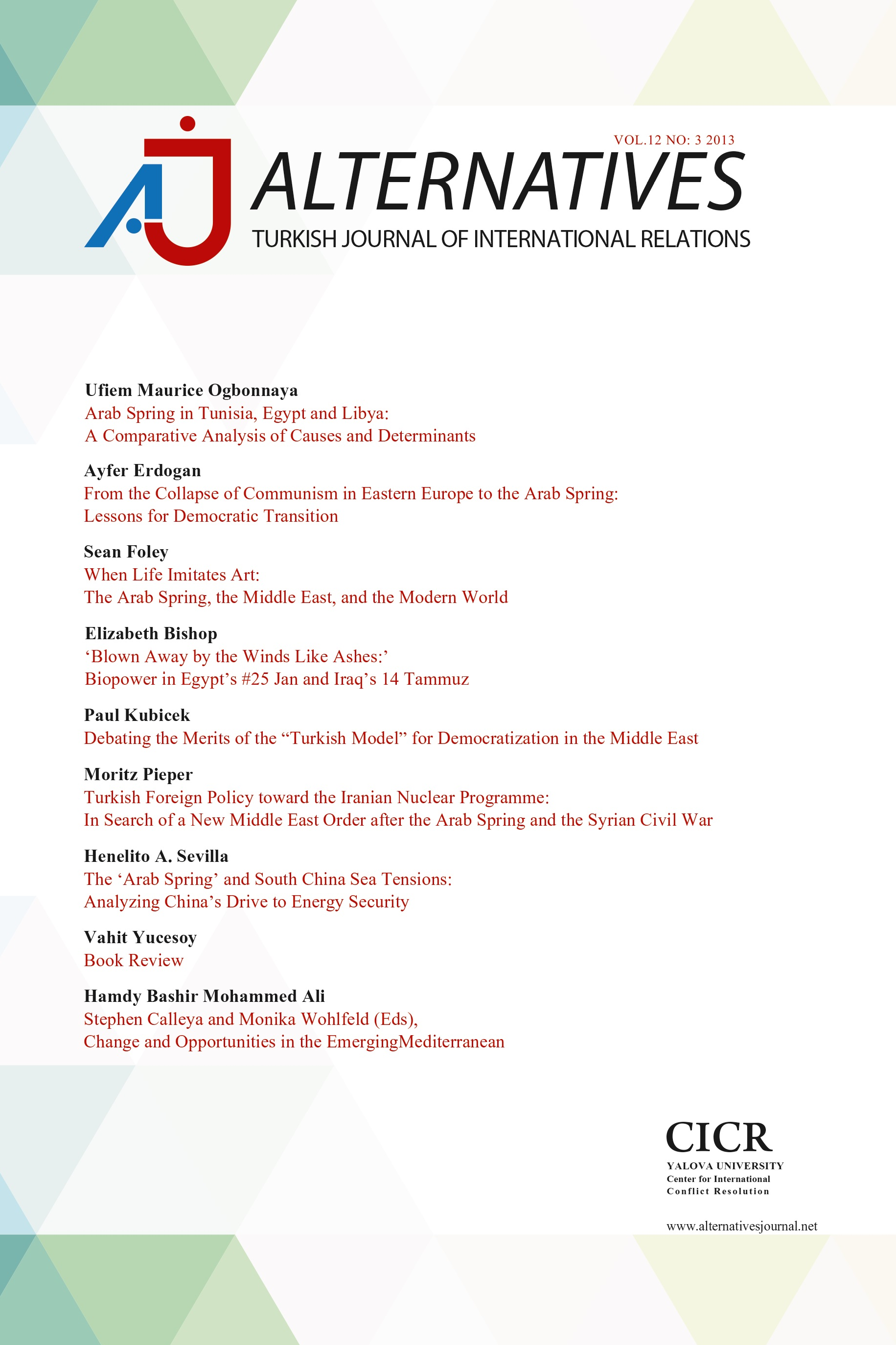Rethinking the Conflict- Proneness of Oil-Rentiers State in Historical Context
With the rise of intra-state conflicts in the Middle East, particularly in the last two decades, the causality relationship between oil wealth and political stability has become a matter of debate in the literature. However, despite the proliferating research interest, the impact of oil revenues on regime stability and civil conflicts still remains contested in both theoretical and empirical terms. Bearing this limitation in mind, this article aims to present a fairly general but analytically broadened framework to explain the relationship between the decline of the oil-rentier states, and the rise of intra-state conflicts experienced in the Middle East in the past two decades. Putting matter into the historical context of the state formation and the colonial legacy in the Middle East this study presents a slightly different reading of the causality relation between oil revenue and the conflict-proneness of rentier states. Thus this article, to a certain extent, moves beyond the conventional explanations of the rentier state theory and argues that oil revenue cannot be taken as an explanatory variable of conflicts per se.
Keywords:
Oil-Rentier State, State Formation Colonial Legacy, the Middle East,
- ISSN: 2146-0809
- Yayın Aralığı: Aylık
- Yayıncı: Yalova Üniversitesi
